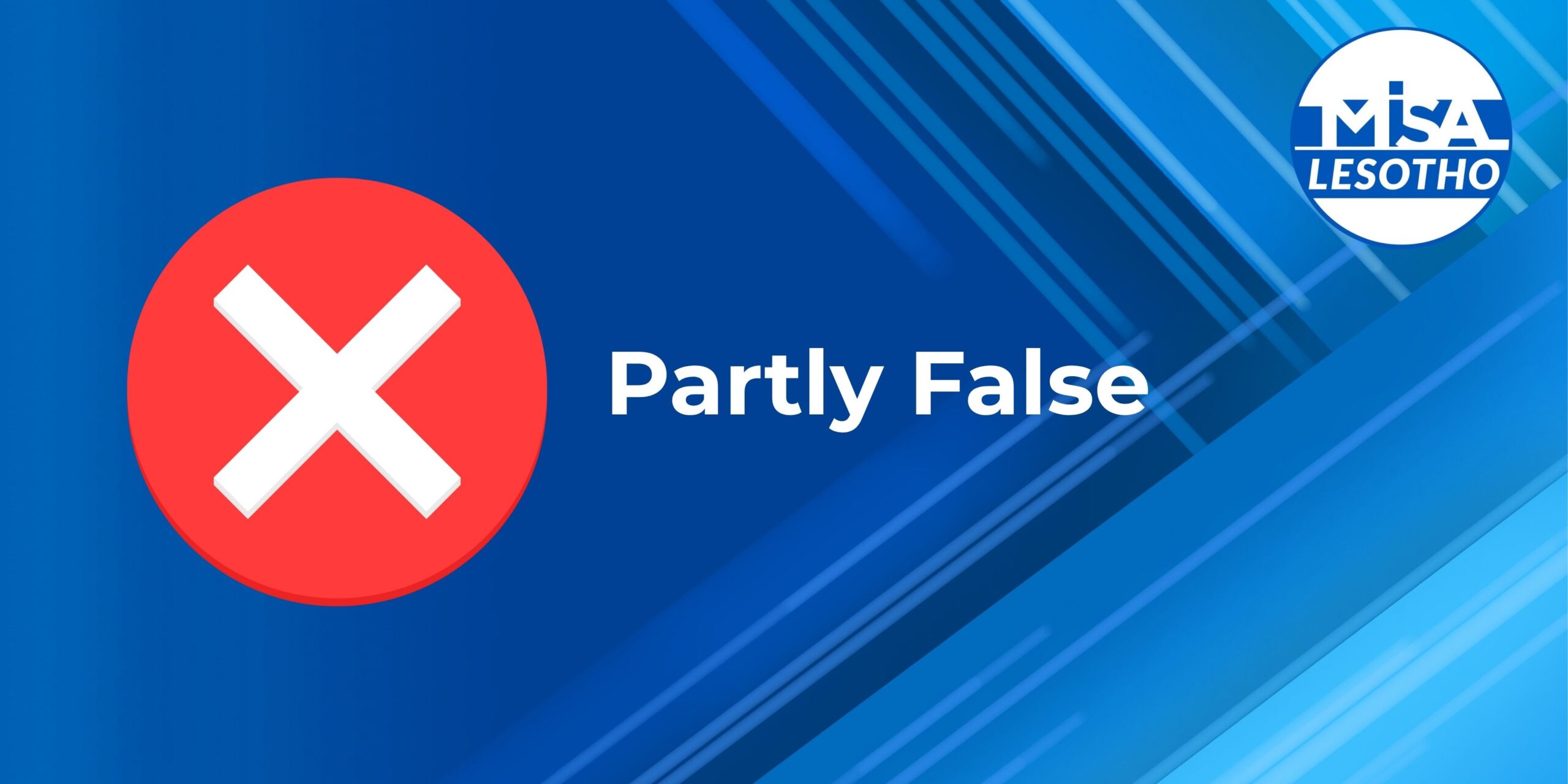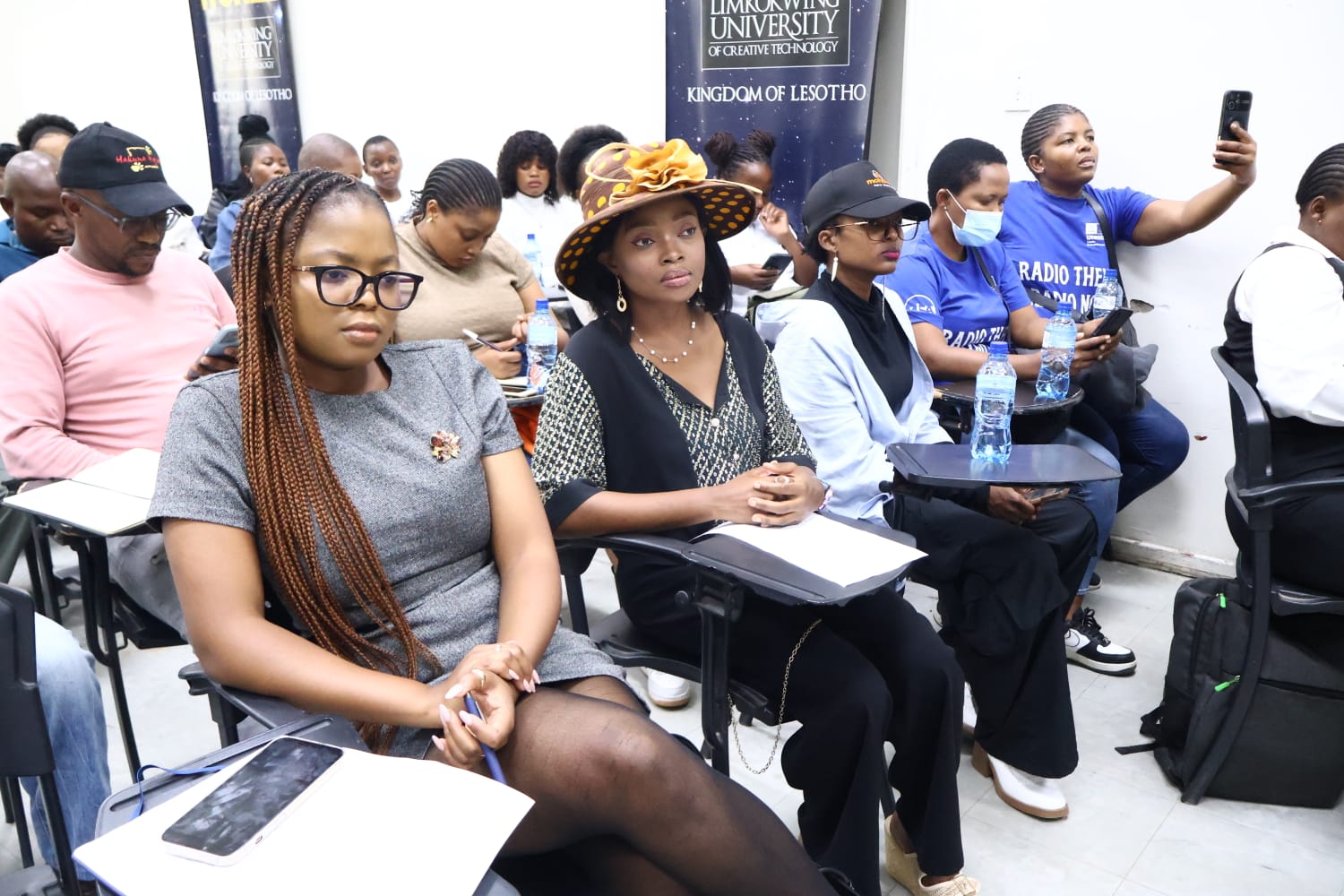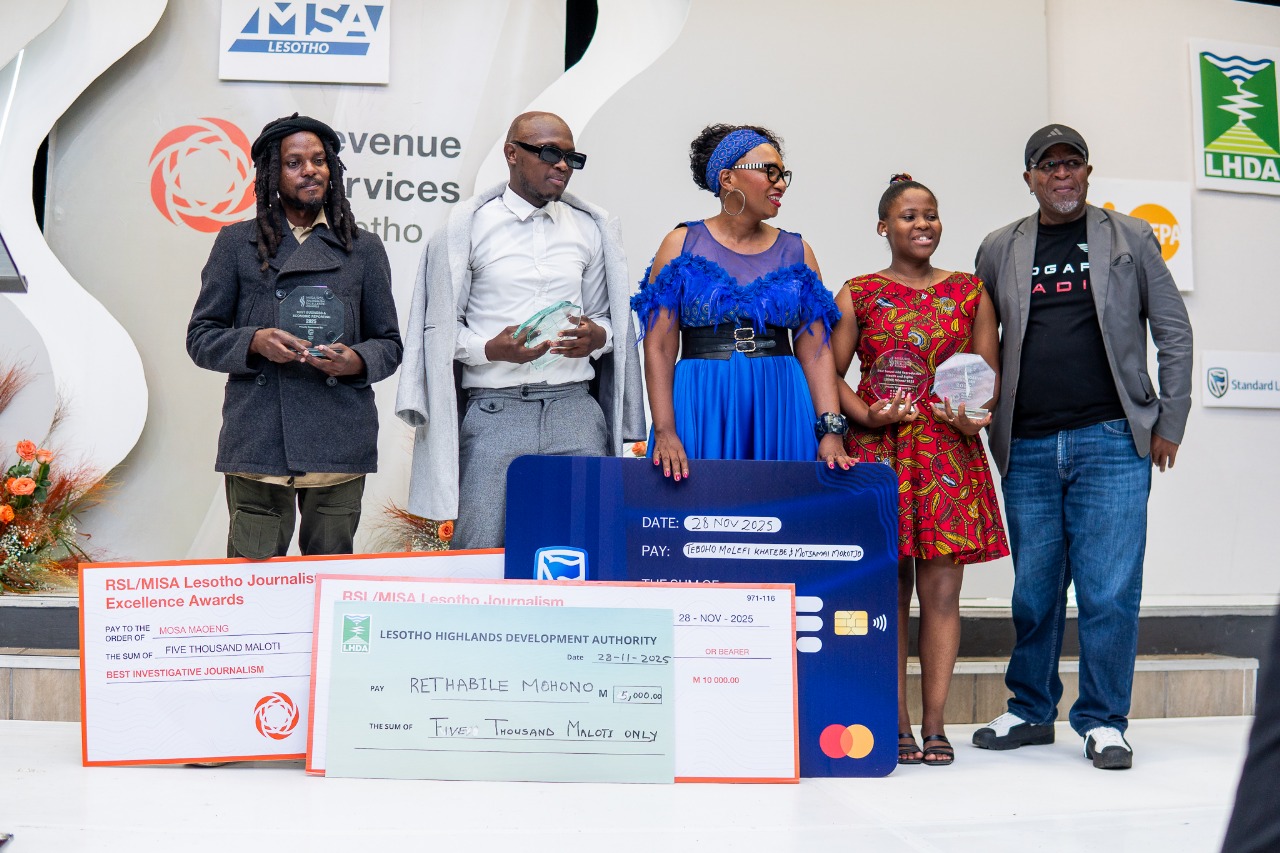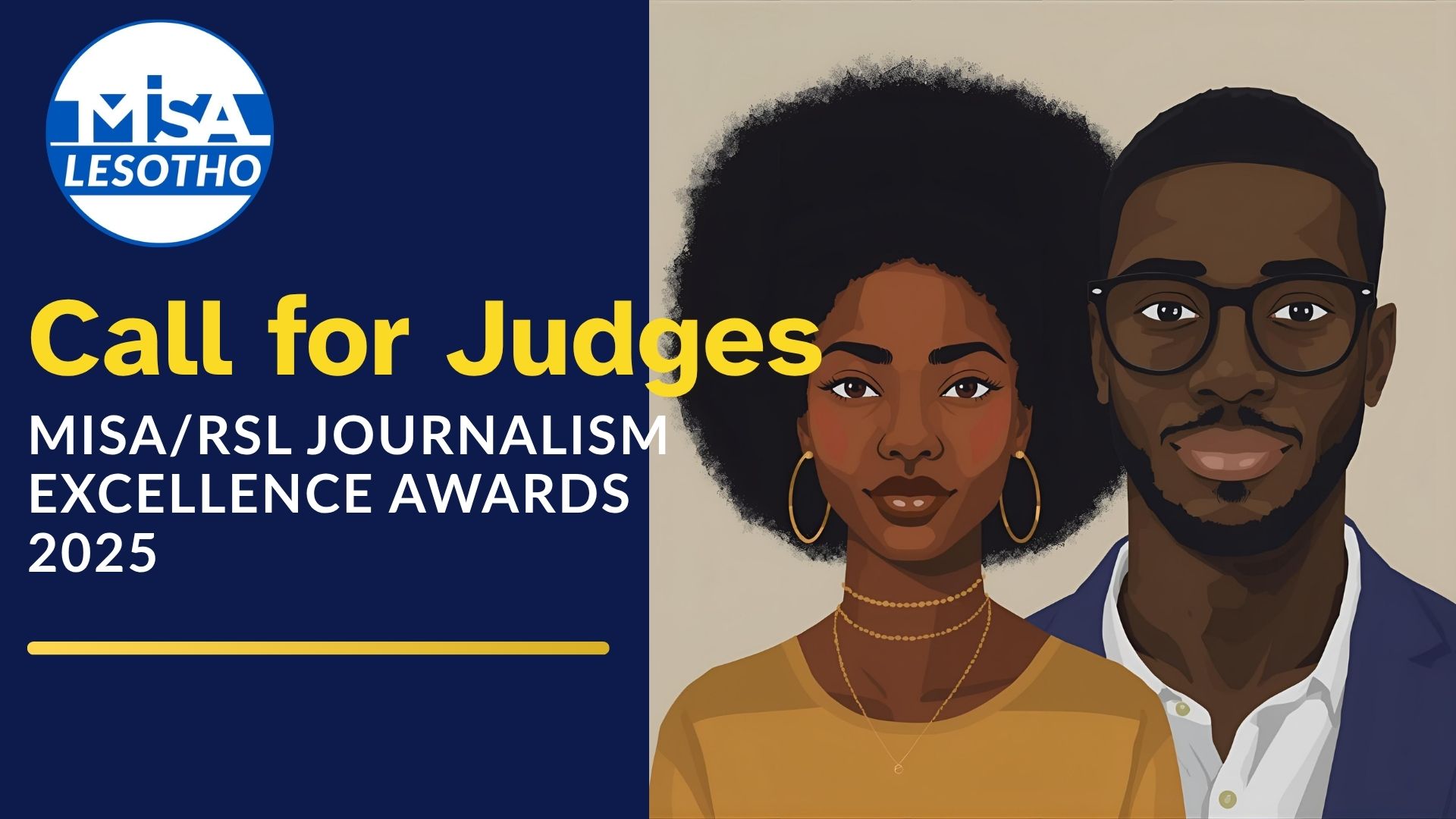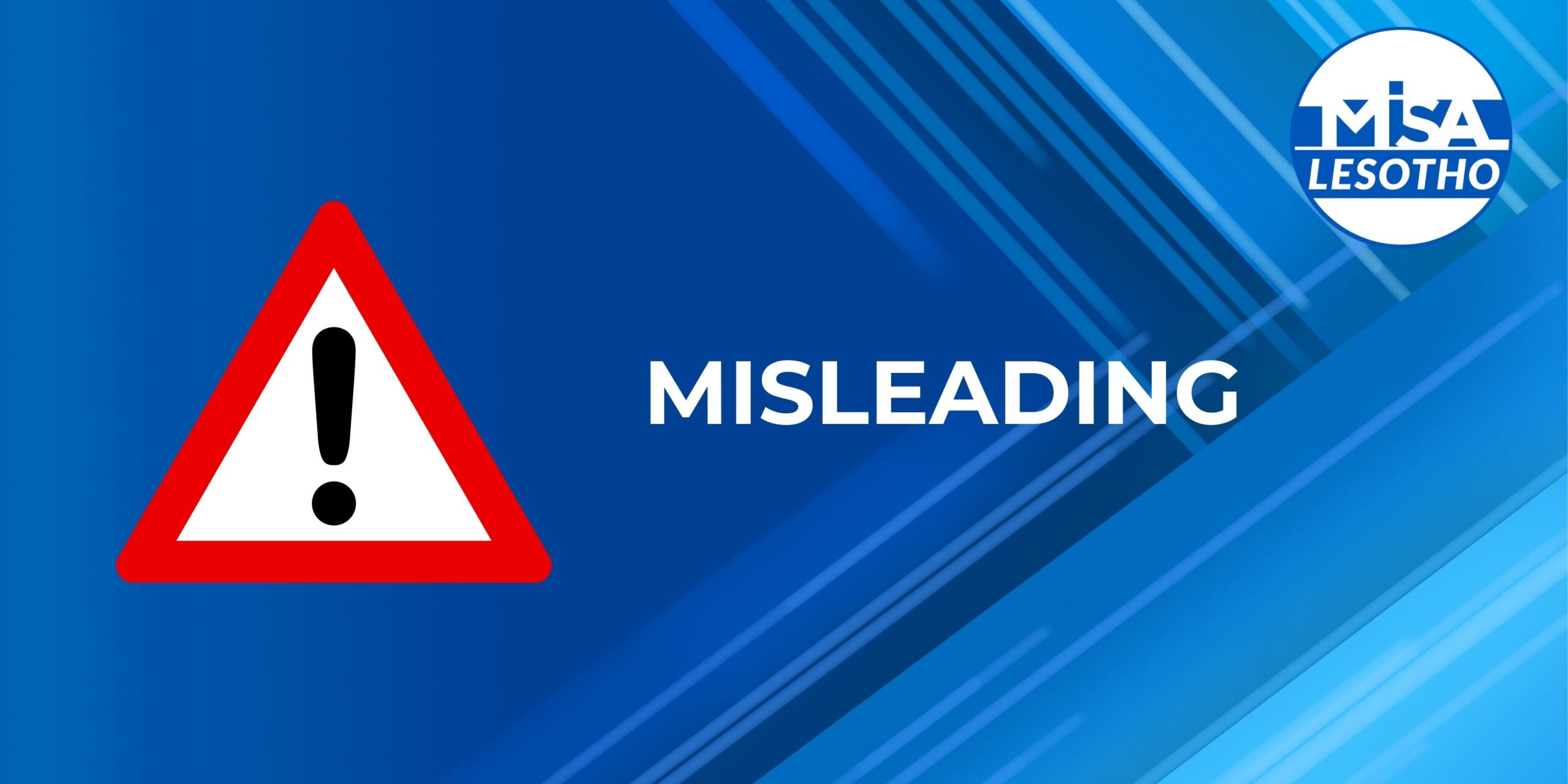The incident took place in Durban, South Africa.
By Maleshoane Ratsebe
A Facebook post with an image claiming to show a person assaulted over a forced sexual interaction is misleading.
The post claims that a carpenter in Mafeteng, Lesotho, physically assaulted a gay man following an alleged attempt at a forced sexual encounter. It alleges that the man showed up uninvited at the carpenter’s home after being rejected in a Facebook conversation.
Posted on June 1, 2025, it has since gone viral on Facebook, with most interactions disturbingly applauding the alleged violence against the queer individual.
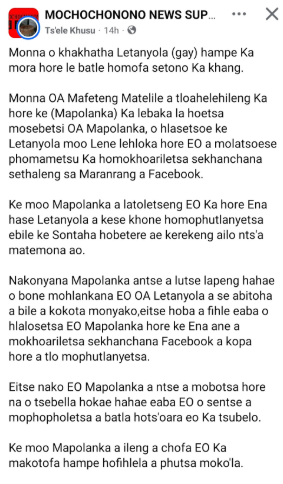
An image reverse search on the pictures used in the post shows that the pictures were originally shared by a South African digital creator going by the name “Usisi Wepolo Uthando” on Facebook on 31 May 2025. The digital creator, whose real name is Thandolwethu Junior Gumede, uses the pronouns ‘she, her/ hers’ and posted the images with a caption that translates to: “Guys, be safe. I got beaten up yesterday because someone said I’m gay.”
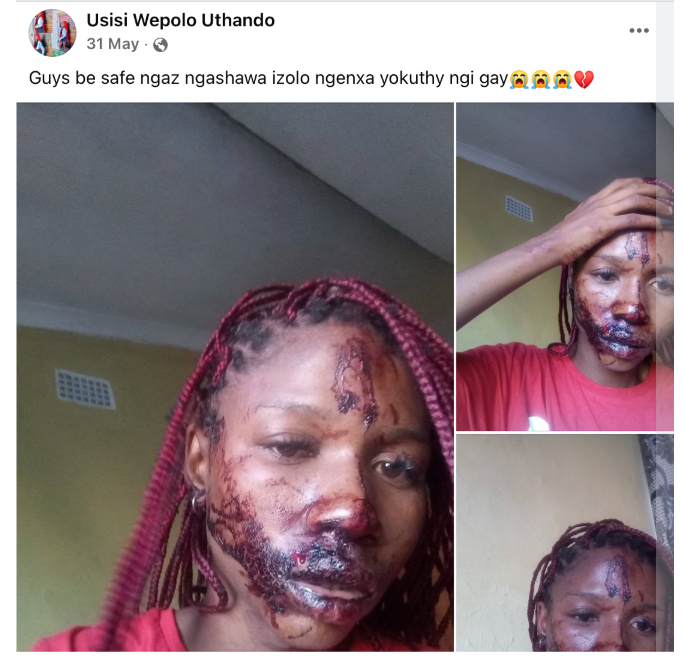
In a text conversation with MISA Lesotho, the victim dismissed claims of being assaulted in Lesotho, clarifying that the attack occurred on 30 May in Umlazi, Durban, South Africa, by a stranger she met at a club called Emphathini.
A review of the post’s comments revealed skepticism, with some users noting that the screenshot used in the post was originally shared by Tholang Sebaki—the Mafeteng carpenter mentioned—without any reference to an assault.
Sebaki, speaking to MISA Lesotho by phone, stated there was no meeting or violent altercation between him and the man who had contacted him on Facebook.
“I am not a violent person, I only blocked the man who texted me and that’s where it ended,” Sebaki clarified in his conversation with MISA Lesotho.
Sebaki had posted the original screenshot used on the post under scrutiny, but later deleted the post.
The post used Sebaki’s conversation and his background as a well-known businessman dealing in carpentry from Mafeteng to further mislead the public.
Notably, Thandolwethu’s images were shared widely with some posts claiming that the incident took place in different parts of Southern Africa.
However, CheckDesk at MISA Lesotho established that the injured person in the photo is not from Lesotho and the assault happened in South Africa.
Such posts are dangerous as they weaponise disinformation against the queer community. They stir and influence hate crimes with the use of false claims.
This fact-check was produced by Maleshoane Ratsebe, CheckDesk, MISA Lesotho, as part of the African Fact-Checking Alliance’s (AFCA) incubation programme. It was produced with peer-mentorship from Code for Africa’s fact-checking initiative, PesaCheck, with financial support from Norway Democracy. AFCA mentorship respects the journalistic independence of the researchers, offering access to advanced techniques and tools. Editorial decision-making remains with MISA Lesotho. Want to learn more? Visit: https://factcheck.africa/




